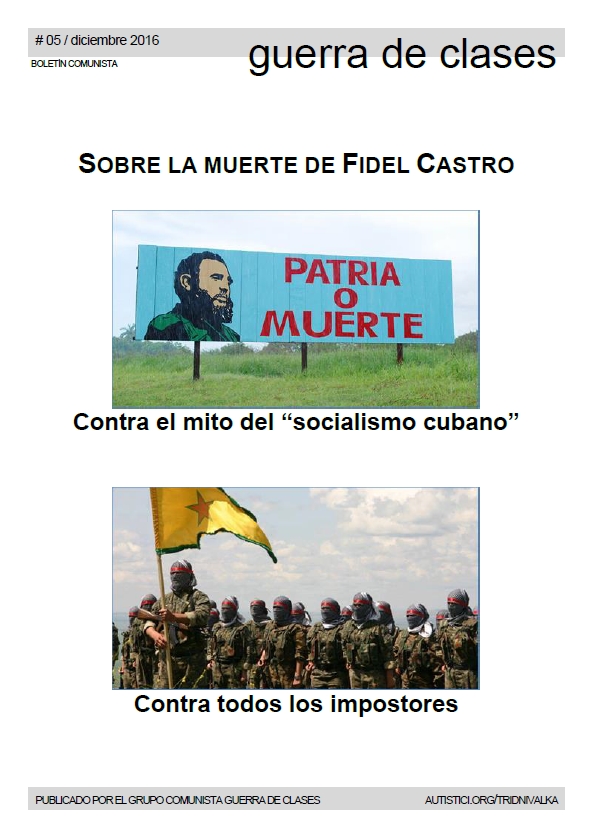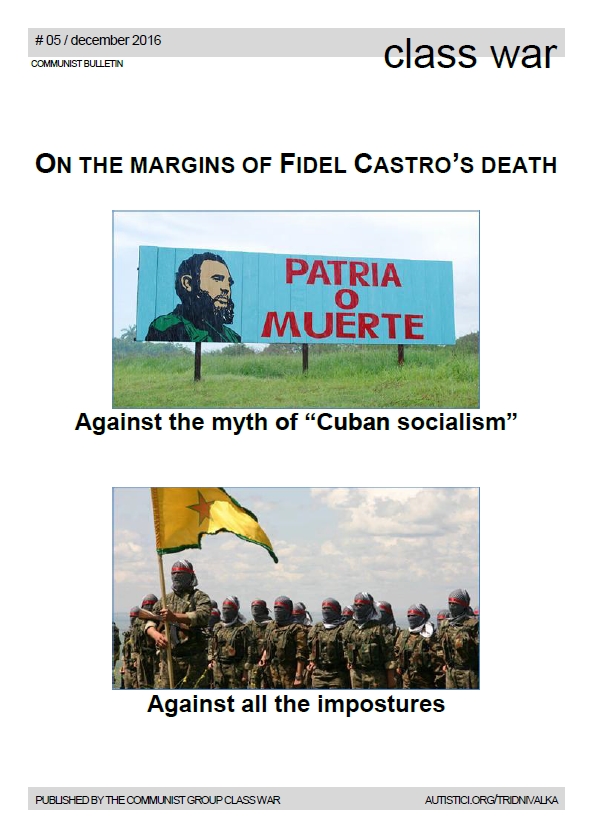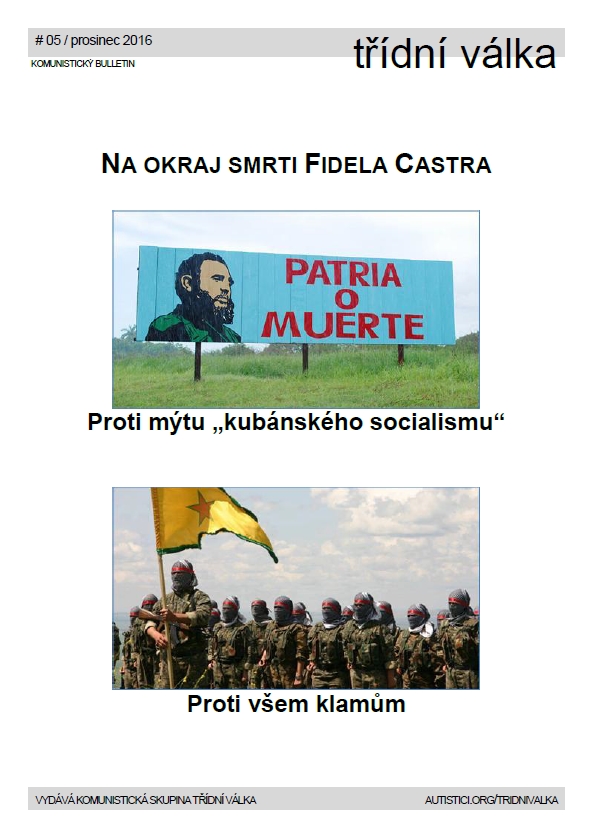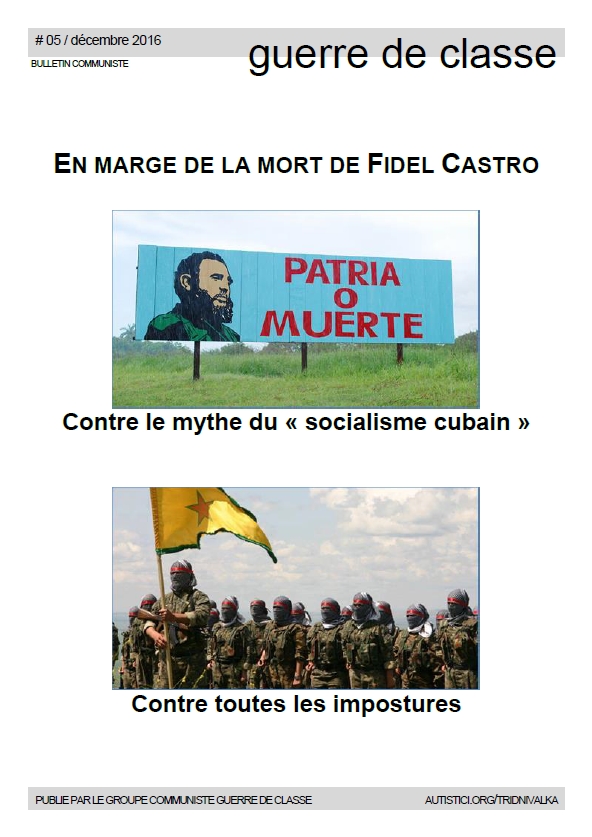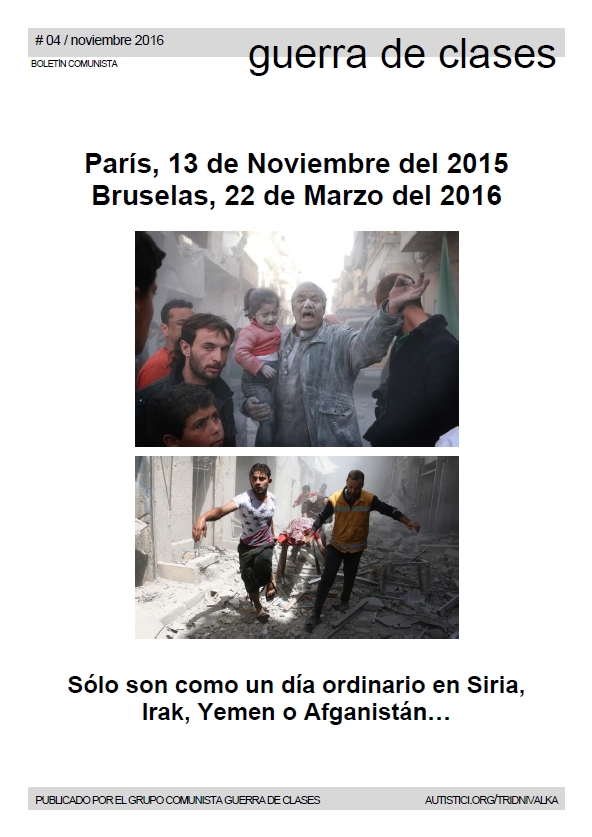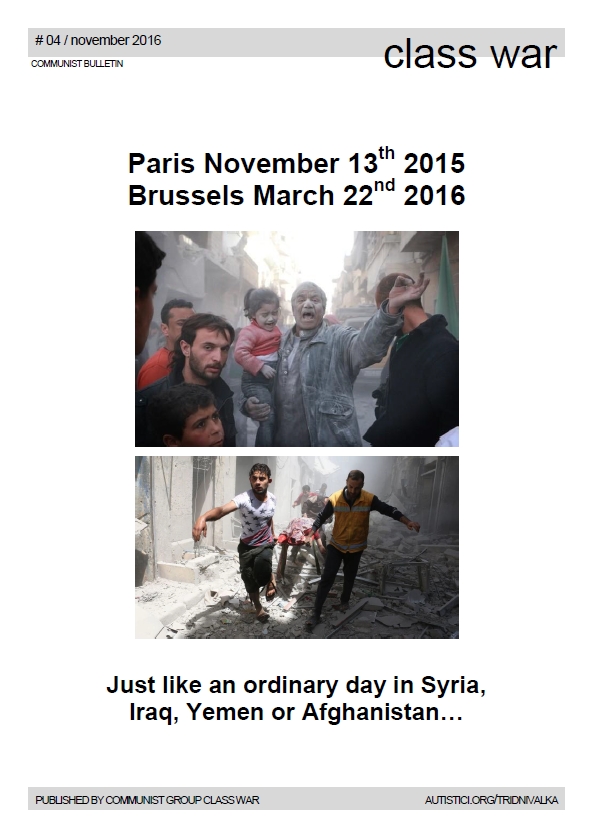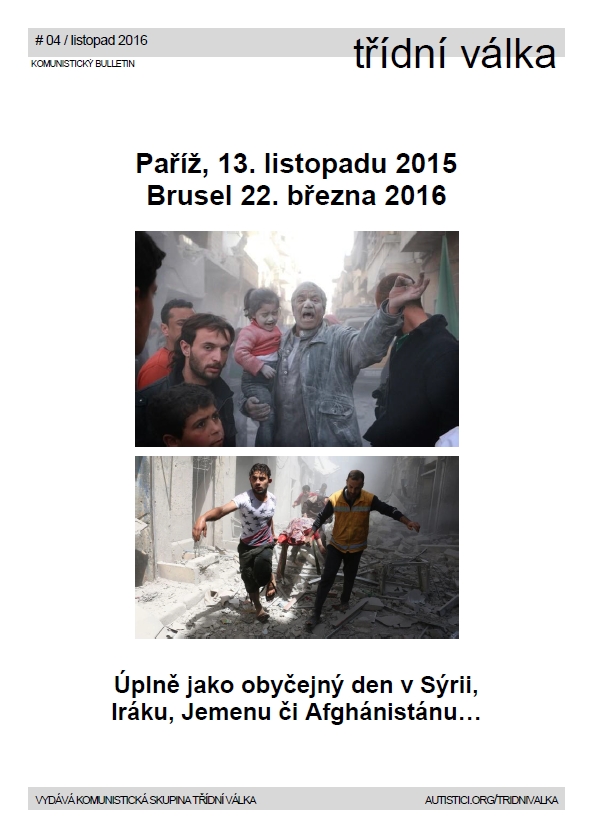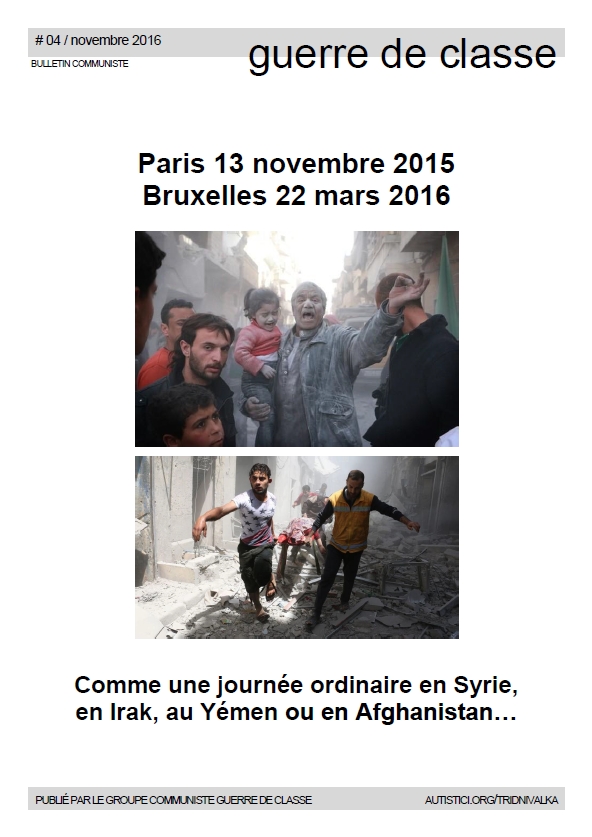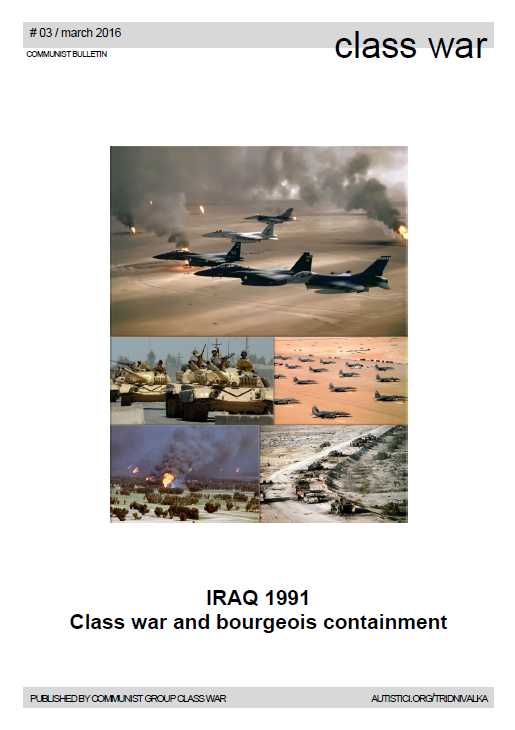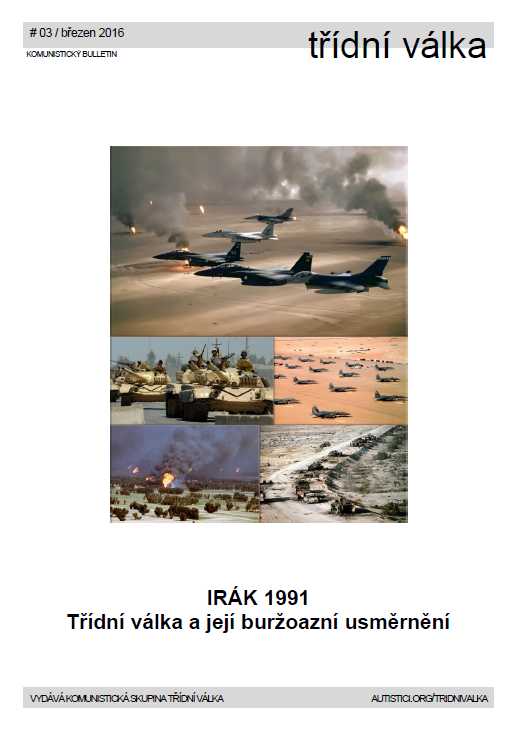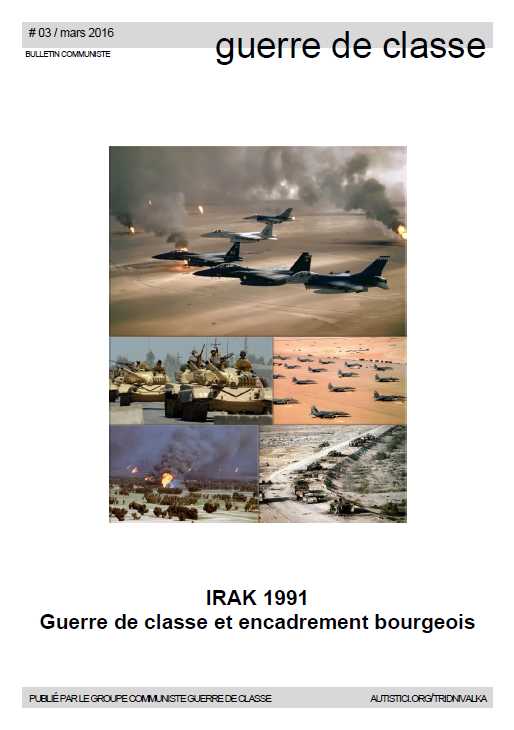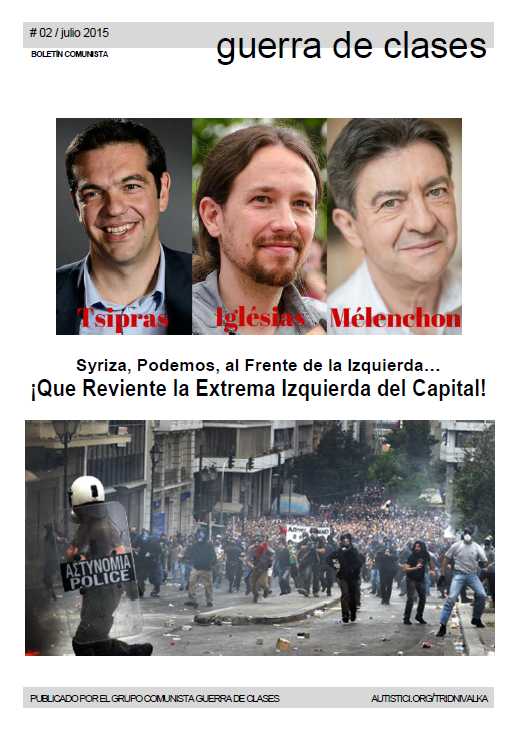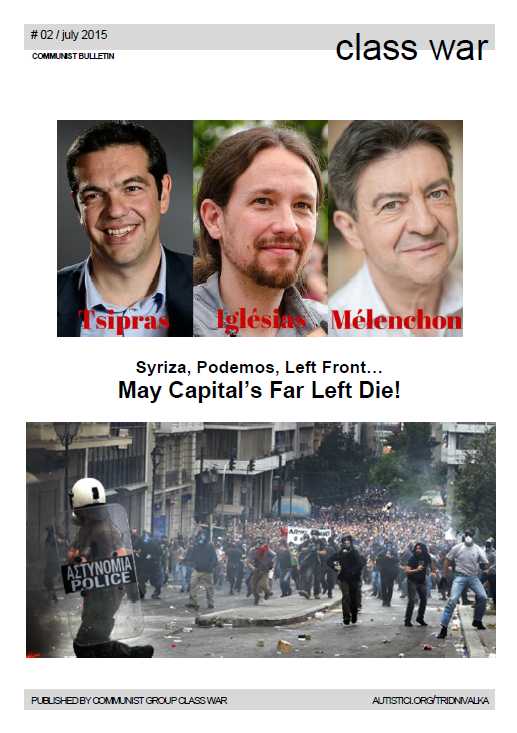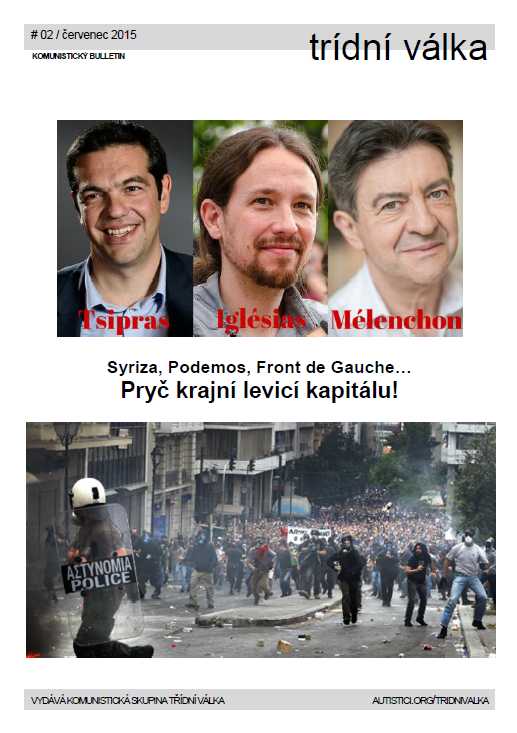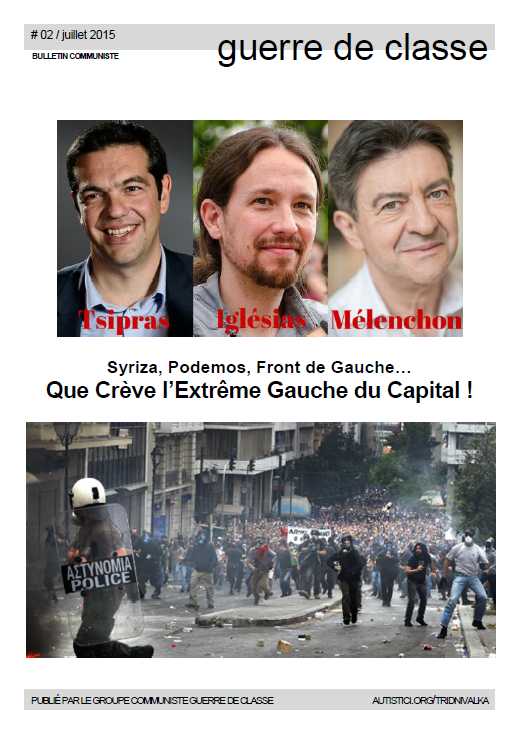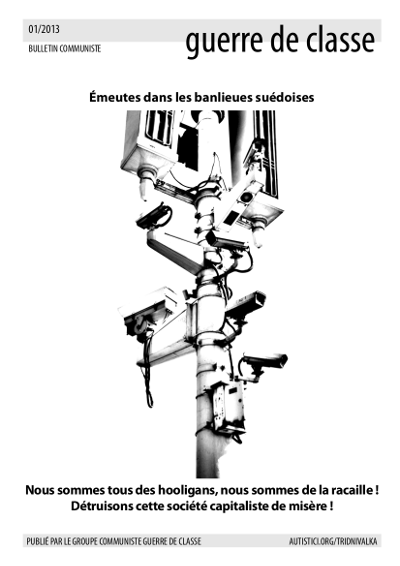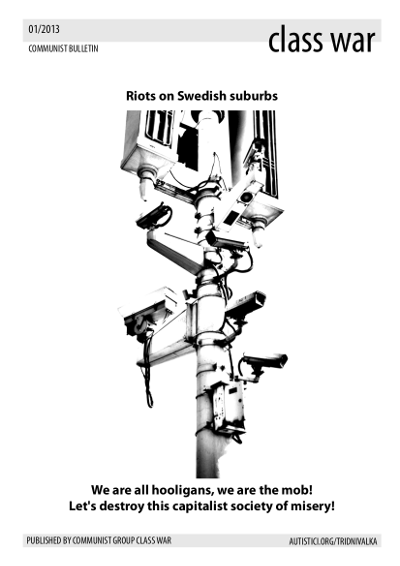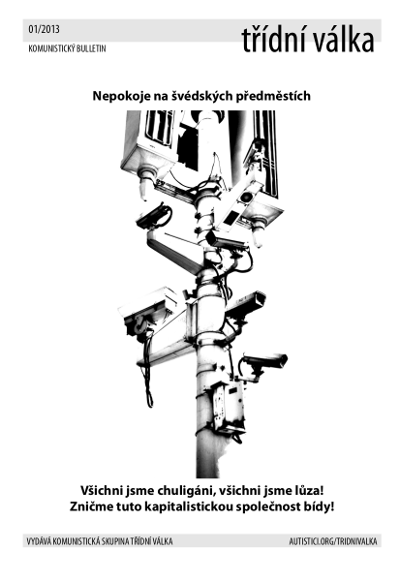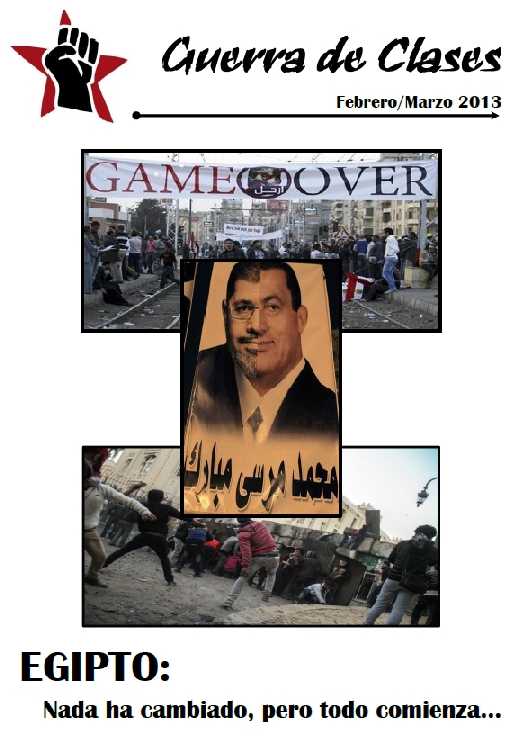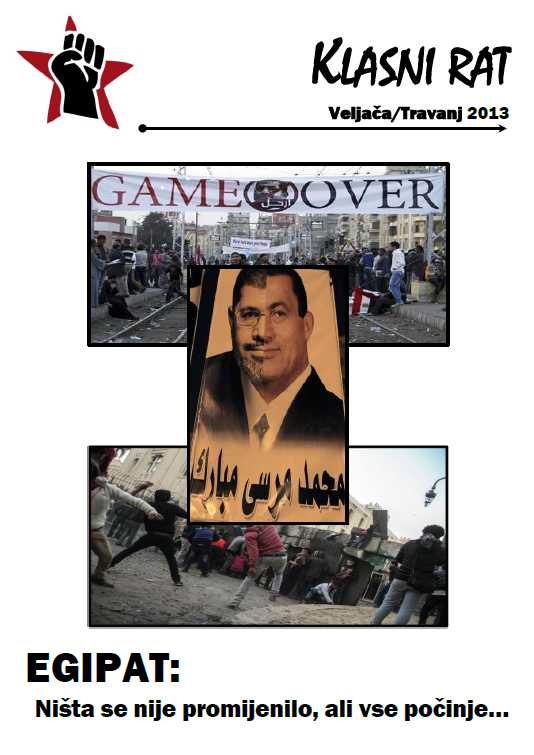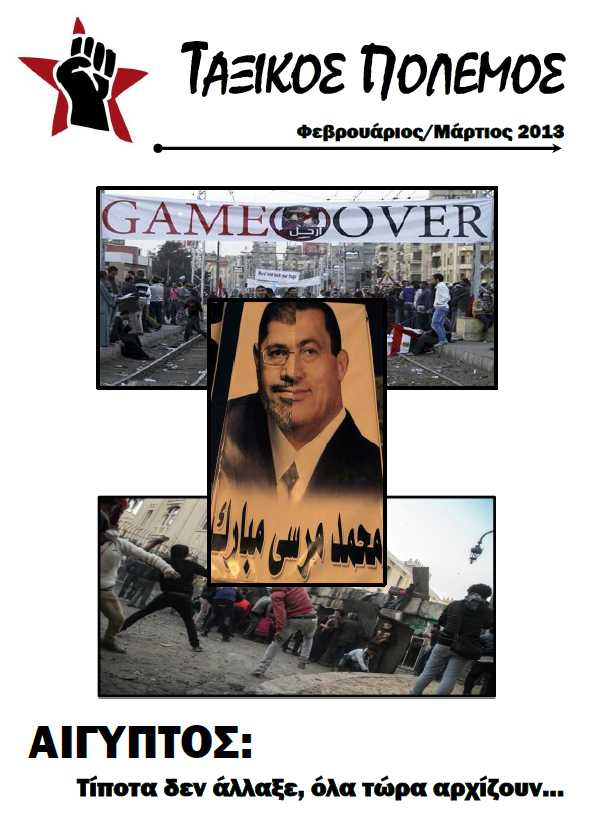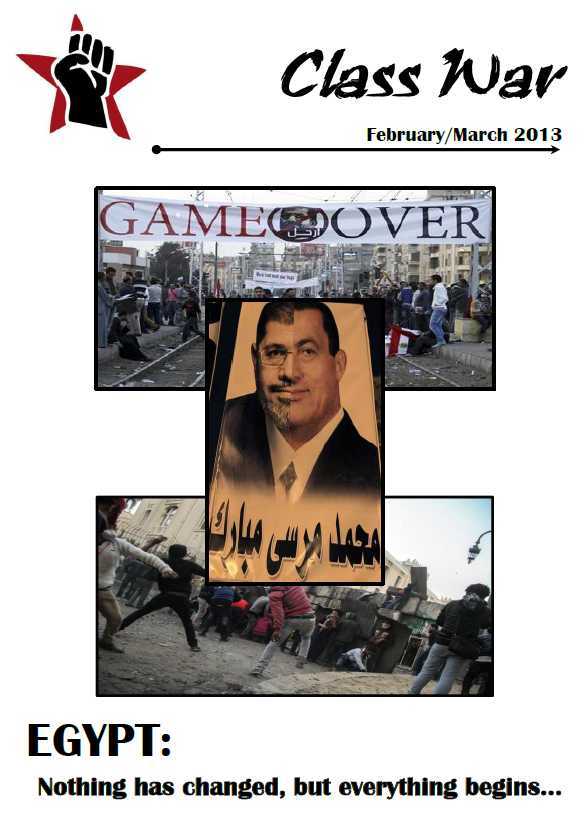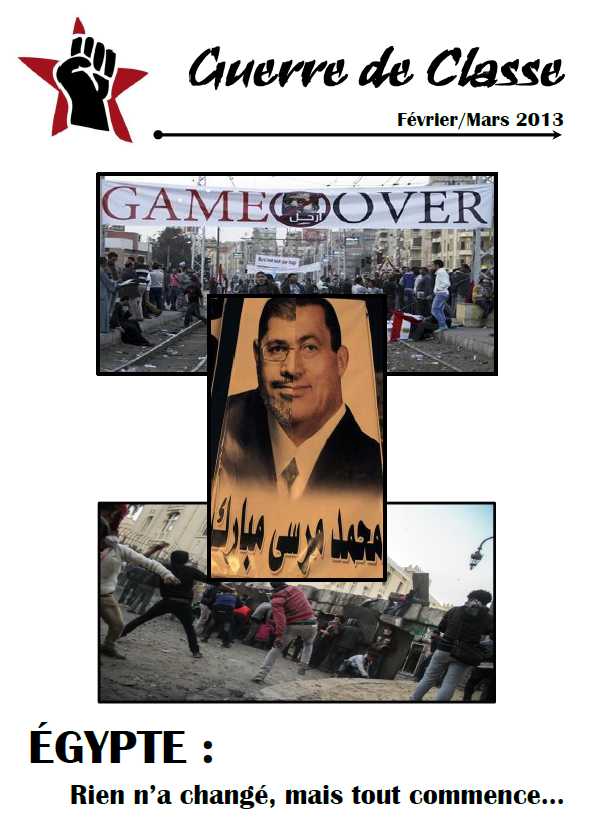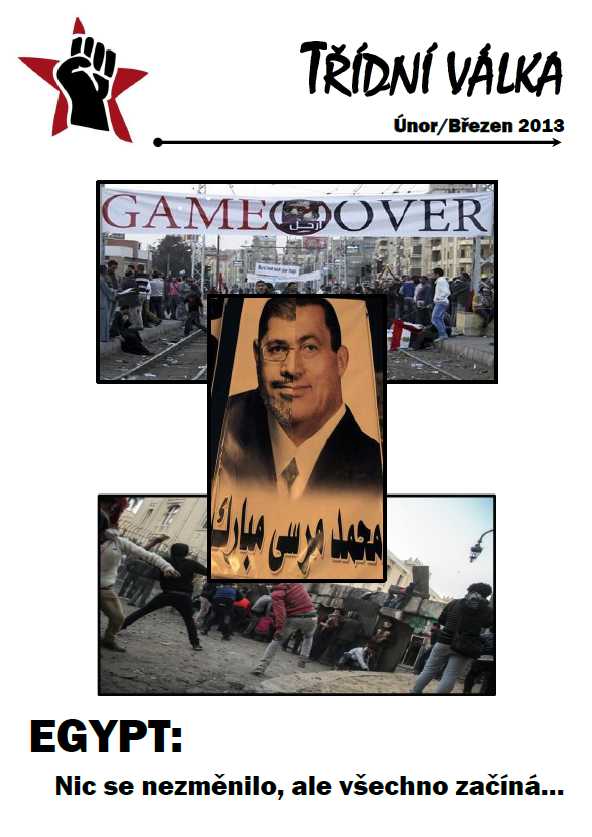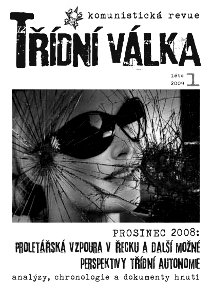Since weeks and months a strong movement is taking place in the so-called “Arab world”, which is nothing but a part of the whole world of capital. Countries like Tunisia, Egypt, Yemen, Bahrain, Libya, Syria, etc., cities like Tunis, Gafsa, Sfax, Kasserine, Cairo, Alexandria, Suez, Sanaa, Aden, Tripoli, Benghazi, Misrata, Tobruk, Damas, Deraa, Lattakia, Homs, etc. are in fire and burning from our social anger. Protests and demonstrations, clashes with police and special units, mass and violent strikes, lootings, burnings down of banks and state institutions, actions of solidarity and agitation, setting up committees and “shoras”… all that and many others are expressions of the proletarian movement that has been spreading across these regions. It is our class perspective what emerges from these “popular revolts” – in organising structures for distribution of food and medical help outside and against exchange relations like in Misrata e.g., as in workers destroying headquarters of Egyptian official trade union or in revolutionary defeatist demonstrations in Saudi Arabia against their “own” troops being sent to crush the rebellion in Bahrain.
The media however continue to describe the movement either as a fight against dictatorship and for democracy, or as an action of irresponsible hooligans and agents provocateurs in the pay of CIA, both with the purpose to always hide and falsify the real and deep nature of our class movement. Sarkozy, Obama, Cameron, Ban Ki-Moon, Schwarzenberg or Chavez, as well as countless other political and military analysts and journalists, are all offering us this or that explanation of the movement. It is not a surprise. They portray it in the way that fits the bourgeois interests the best. And these interests are clear: to maintain its world order, shaken by the proletarian movement, by any means possible while pushing its undesirable factions to leave the power and proclaiming “victorious revolution” on one hand (like in Egypt or Tunisia) and crushing the rebels while sending special units and armies against them (like in Bahrain) on the other hand. Whatever the method, the task is common – to prevent spreading of the movement to “our beloved countries” while stressing that the events are determined by the specific conditions like “authoritarian regimes”, “middle eastern mentality”, “tribal relations”, “greed for oil of the imperialist plotters”, etc. Despite the fact that such a possibility is not yet likely to come here, its ghost haunts the European bourgeoisie (the Greek, Portuguese or Irish surely more than the Czech one) and the bourgeoisie all over the world as such.
It is because it is the material reality of living shared by all proletarians around the globe; reality of exploitation, poverty and terror of the state what is the true reason for any class struggle. Rise in prices of basic commodities like food, petrol, water and electricity, increase in the rate of unemployment and generalisation of precarious working conditions for those who still have a job, decrease of a real wage, problems of housing, all these facts are faced by proletarians all around the globe, from Central Europe to Russia, from North America to Indonesia and all these problems are also the real cause of the current class struggle movement in Maghreb and Mashrek.
It is because no change of government or regime can solve these problems as they are modus vivendi of capital. Strikes, riots and collective expropriation of commodities are still going on even after Mubarak and Ben Ali have been toppled, and numerous governments fell. Textile workers of El-Mahalla El-Kubra as well as workers of Suez channel or agricultural labourers and others all around the Egypt launched a massive strike movement for rise in the minimal wage and against high prices of food. Bitterly denounced by all bourgeois factions in Egypt (the military as well as Muslim Brotherhood or clique of Muhammad El-Baradei), strike movement in Egypt (as well as in Tunisia) continues, defying direct ban issued by the military government. Libyan “National Transitional Council” (NTC) claims as its goal “restoration of usual civilian life” what in reality means deprivation of proletarians of their own life and organization of it. While disarming the insurgents and restoring the monopoly of violence in favour of the state, the NTC organises armed guards maintaining law and order on the oil fields and refineries that had experienced strike actions in the beginning of the uprising.
It is because any proletarian movement contains seeds of overthrowing capitalism, expressions of perspective of classless human community that will be built on the ashes of this old world. The proletarian movement in Maghreb and Mashrek expressed this perspective in a limited way and with a lot of weaknesses but strongly enough to reveal proletarian interests, which are antagonistic to bourgeois ones. In Libya the movement took a step forward and organised an insurrection which forced bourgeoisie to intervene (via NATO bombing as well as diplomatic negotiations) and to create two camps: the old-new (half of them are high officials of former regime) bourgeois faction organised in the NTC and “socialist colonel” Gaddafi (the beloved business partner of western bourgeois factions until recently), in order to divert the frontline between proletariat and bourgeoisie, to turn the class war into a bloody civil war.
In Egypt, Tunisia, Libya, Iraq, Syria, Yemen, Bahrain, in UK, Greece, Wisconsin, China, Chile… in the Czech Republic… all around the world, capital offers us either slow dying in work when it needs our labour power or physical destruction of our lives when it does not need it anymore.
In Egypt, Tunisia, Libya… it is our class brothers and sisters, it is our class that struggles against capital and its state.
Their struggle is ours.
Let’s affirm its proletarian perspective against all democratic mystifications!
Class War Group
April 2011
http://www.autistici.org/tridnivalka
E-mail: tridnivalka@yahoo.com
[1] Contrary to the euro-centrist ideology stressing on the world as being separated entities with a centre (Europe and North America) and a periphery (the rest of the world), we prefer to use the Arabic words “Maghreb” (which means “sunset”) and “Mashrek” (which means “Levant”), i.e. the West and the East of the “Arab-Islamic” world, rather than the expressions Near East and Middle East… Near what? Near Europe, of course!

